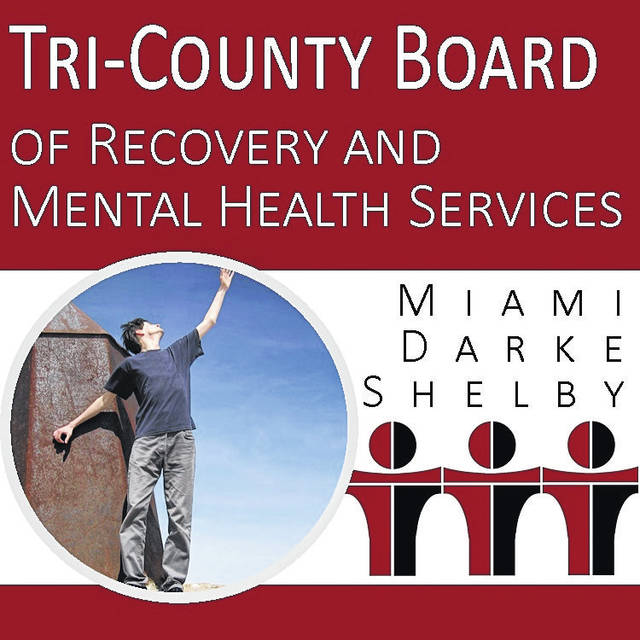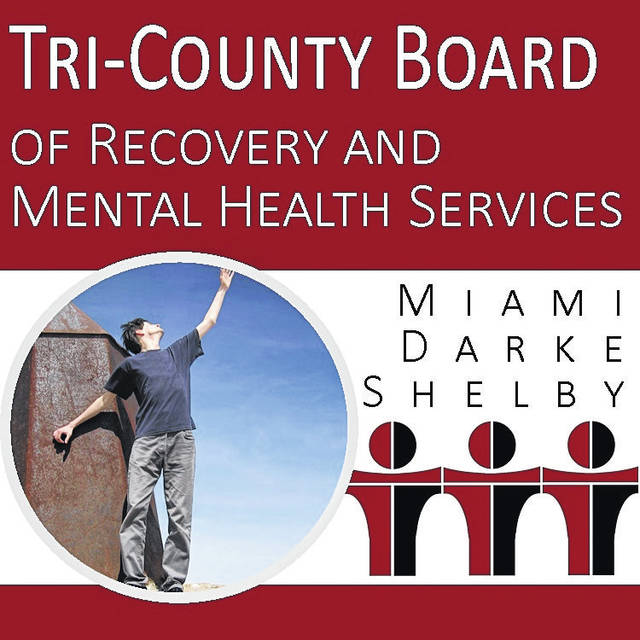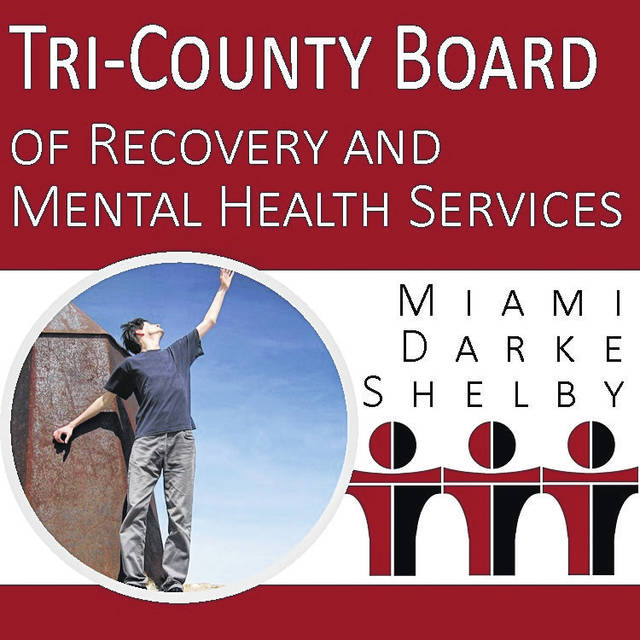





DARKE COUNTY — Looking in the mirror can definitely be a moment of truth for many. Seeing those extra pounds acquired over time can beckon us to put on our sneakers and trot swiftly to the exercise room or gym.
However, for some, a mirror’s reflection can trigger a myriad of emotions including stress, anxiety and guilt; likewise, the perception of “looking too fat” can often eclipse the joy in life by robbing one’s sense of self-esteem, and may sometimes lead to eating disorders.
Many who have eating disorders suffer for years in silence, often fearing the shame and reproach of others; however, with more than 29 million Americans struggling with eating disorders, and the numbers increasing due to the stress of COVID-19, it is time to learn how to recognize the signs of the struggle, and learn what we can do to help.
Extremely stressful situations can sometimes produce negative emotions, such as sadness, anxiety, fear, or anger. While some people may lose their appetite when experiencing these kinds of emotions, others may eat more to feel better. When people feel alone or isolated, as amplified by the COVID pandemic, managing stress becomes more difficult. As the hypothalamus, pituitary, and adrenal glands (commonly known as the HPA Axis) regulate the body’s internal systems, stress can inhibit the body’s ability to function properly. Stress can dramatically affect appetite and mood which may lead to an eating disorder over time.
According to the Alliance for Eating Disorders, five types of disorders exist: Anorexia Nervosa, Bulimia Nervosa, Binge Eating Disorder (BED), Avoidant/Restrictive Food Intake Disorder (ARFID) and Other Specified Feeding or Eating Disorders (OSFED). Most of these disorders involve the restriction of food, with “binging” (excessive eating) and “purging” (forced vomiting) behaviors. Both Anorexia and Bulimia may involve excessive diet and exercise regimens, as well as laxative, diuretic, or other substance abuse to achieve unrealistic weight loss and body image goals.
Eating disorders can affect all ages, genders, socioeconomic statuses, shapes and sizes, sexual orientations, races, and ethnicities. Having the second-highest mortality rate of any mental illness, nearly one person dies every hour as a result of an eating disorder. Life-altering change or sudden trauma can produce extreme stress which can trigger an eating disorder, including pregnancy, menopause, divorce, loss of a loved one, retirement, “empty nest” syndrome, marriage of a child, becoming a grandparent, or caring for aging parents.
While many of these milestones are difficult, there are a few warning signs to consider if something seems odd: eating (when not hungry) or not eating (when hungry), feelings of embarrassment, guilt, regret and shame after eating, especially after binging on “forbidden foods,” preparing elaborate meals for others while not eating what is made, or obsessively cutting food into small pieces before eating.
Other signs of concern might include eating or exercising in secret, avoiding social situations due to fears about eating , weight, or body image, being afraid to share a meal with others, or wearing certain clothes. Changes in physical appearance might also be a cause for concern, including weight gain or loss, puffy cheeks due to swollen salivary glands, hair loss, dry hair or skin, or excessive facial or body hair. Changes in behavior which might be cause for concern are unusual sleep patterns, a sensitivity to cold, feeling faint or tired, and a lack of menstrual periods.
“Eating disorders are complex and wide-ranging. The family physician should be involved in any discussions about courses of treatment, as there may be physical or medical factors affecting eating behaviors,” said Brad Reed, director of Community Resource Development at the Tri-County Board of Recovery & Mental Health Services. “Overeaters Anonymous, through its website, oa.org, offers information and support for persons ‘recovering from unhealthy relationships with food and body image.’ The website features a meeting finder for both online and in-person meetings.”
Weight shaming (“fat shaming”) and bullying are ongoing problems which victimize emotionally vulnerable people. The social idealization being “thin” is a powerful factor in the development of eating disorders. Between 40 to 60 percent of elementary school girls (ages 6 to 12) are concerned about their weight or about “becoming too fat.” Up to 40 percent of overweight girls and 37 percent of overweight boys are teased about their weight by peers or family members. Weight teasing can often predict weight gain, binge eating, and extreme weight control measures.
“Darke County residents who are concerned about themselves or loved ones who may have an eating disorder are encouraged to call Recovery and Wellness Centers of Midwest Ohio at 937-548-1635, or the 24/7 Tri-County Crisis Hotline at 800-351-7347 to begin the process of getting a professional assessment,” said Reed, adding, “If the person is severely physically compromised — unable to walk or stand, having trouble staying awake, or incoherent — it should be considered a medical emergency.”
While these statistics are sobering, only one-third of people who suffer from an eating disorder ever seek treatment. Young adults between the ages of 15 and 24 with Anorexia have 10 times the risk of dying compared to their same-aged peers. Some eating disordered behaviors, such as binge eating, purging, laxative abuse, and fasting for weight loss, are nearly as common among males as they are among females.
“The most important thing to know is that treatment works and people recover.” said Reed. “We have local resources in place. Seeking help is the critical first step.”
To learn more about eating disorders, visit the Alliance for Eating Disorders at www.allianceforeatingdisorders.com . To learn more about the Tri-County Board of Recovery & Mental Health Services, visit www.tcbmds.org . To learn more about the Recovery and Wellness Centers of Midwest Ohio, visit www.recoveryandwellnessohio.org, or on Facebook at RWCOhio.






